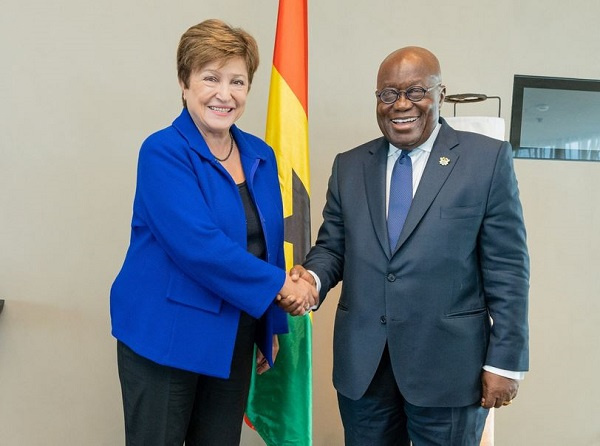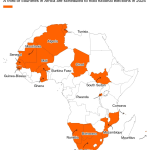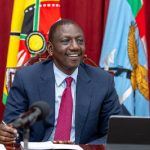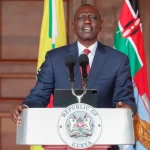Ghana anticipates finalizing a $1.15 billion funding arrangement with the International Monetary Fund (IMF) and the World Bank by late February, coinciding with advancing discussions among bilateral creditors regarding the terms of a debt restructuring.
- Ghana expects to receive $1.15 billion in funding by the end of February.
- The agreement will pave the way for the approval of a $600 million disbursement, the second part of its $3 billion bailout.
- The approval by the board will also set in motion the release of two World Bank disbursements amounting to $550 million.
Finance Minister Ken Ofori-Atta expresses confidence in finalizing an agreement with official creditors regarding the terms of a debt restructuring. A scheduled meeting on January 8 aims to pave the way for the assessment of Ghana’s performance by the IMF executive board, crucial for the approval of a $600 million disbursement—the second part of a $3 billion bailout initiated in May.
Despite some delays, Minister Ofori-Atta anticipates the board’s convening on January 18, triggering the release of two World Bank disbursements totaling $550 million. Of this amount, $300 million is allocated for budgetary support, while an additional $250 million contributes to Ghana’s Financial Stability Fund.

Minister Ofori-Atta assures that Ghana is “in good shape” with the disbursement for budgetary support expected by the end of this month.
Simultaneously, the contribution to the Financial Stability Fund, aiding institutions affected by domestic debt restructuring, is slated for arrival by the end of February.

In June, Ghana successfully negotiated a deal with banks to restructure $1.36 billion in locally issued U.S. dollar bonds and cocoa bills, meeting an IMF deadline and prioritizing discussions with foreign creditors.
However, by September 2023, the Ghanian government filed for bankruptcy after defaulting on payments owed to international creditors in 2022. Ghana joins the ranks of three African countries struggling to meet debt repayment obligations, resulting in the suspension of payments on a significant portion of its $28.4 billion external debt.








